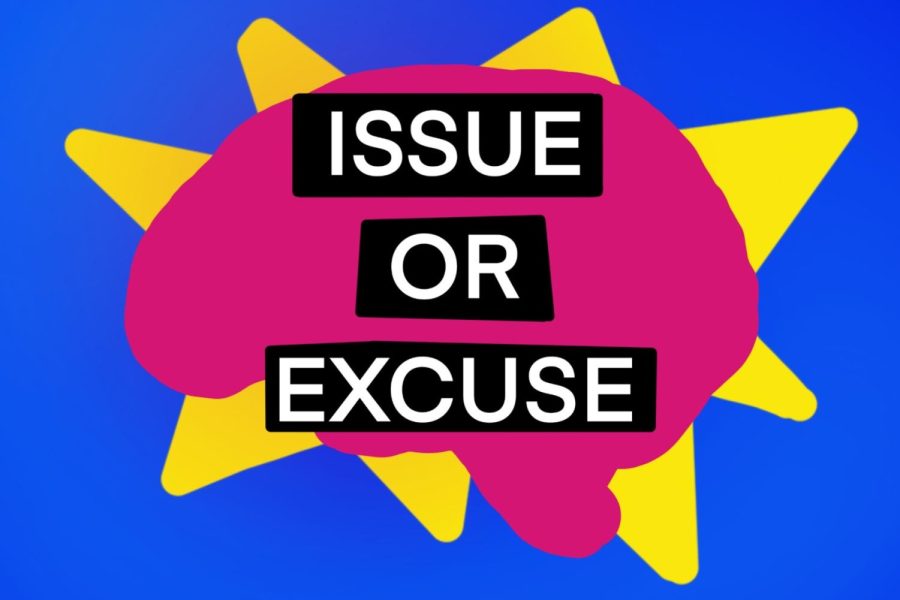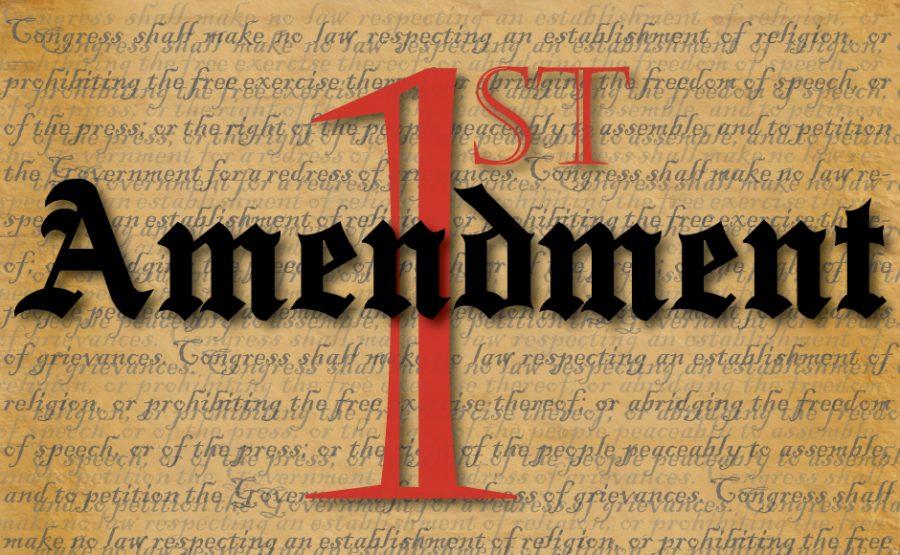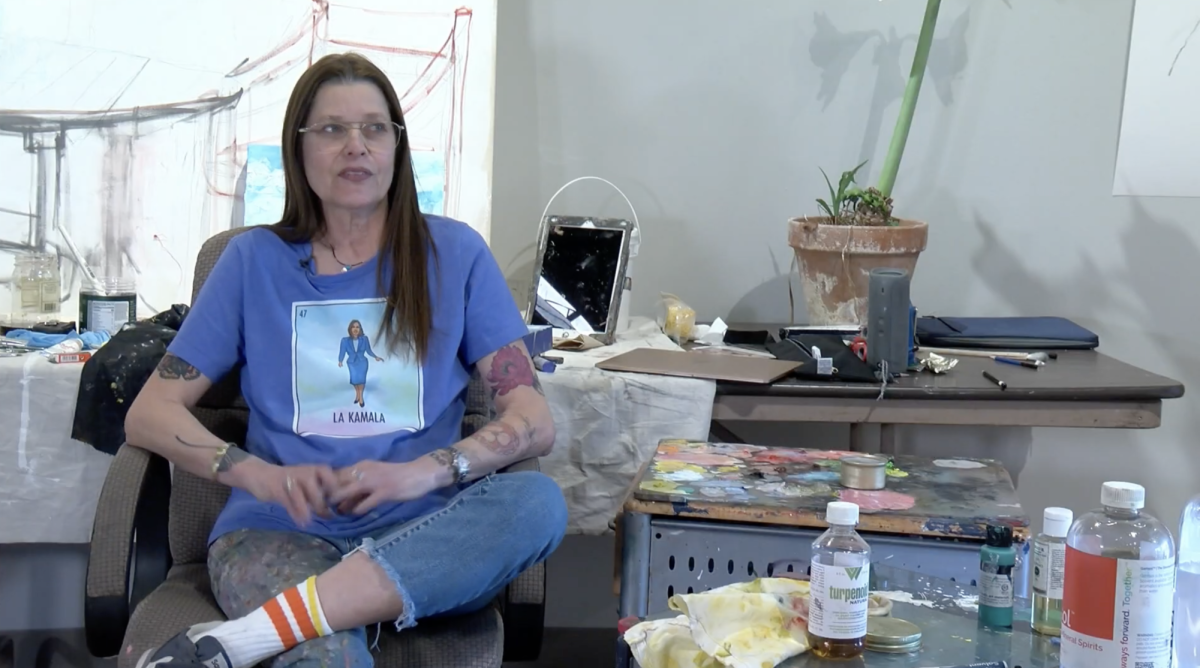Issue or Excuse: Is the Term “Mental Health” Being Taken Advantage of?
May 1, 2023
Mental health is a term that is known by many Americans today. Struggles such as anxiety, depression, bipolar disorder, or ADHD are now common and largely accepted medical conditions many Americans face. According to the National Alliance on Mental Illness (NAMI), 43.8 million American adults experience mental illness in a given year. But is “mental health” now an easy scapegoat for poor decision making?
In the past, people with mental health were defined as crazy or hidden from the rest of society. However, society has become much more understanding of the struggles of mental health. A survey by the American Psychological Association found that 87% of American adults agreed that having a mental illness is nothing to be ashamed of.
BVU’s Director of Counseling Services Julie Anderson said, “There is nothing to be ashamed of. I’m not sure why in history that we sort of separated medical health and mental health…You know there was just a lot of stigma, and there was just a lot of confusion in history about what was really happening.”
While movement towards the social acceptance of mental health has had positive effects, there are also ways individuals can take advantage of it. In an article in Psychology Today, Dr. Nicholas Balaisis, a psychotherapist in Toronto, wrote, “One concerning trend I have noticed with this increase in mental health discourse is the inappropriate misuse of the term ‘mental health’ as a catch-all excuse for our behaviors or moods.”
His point illustrates how mental health can be a double-edged sword. On one side there are the positives of being more empathetic towards those who are truly struggling with a mental illness. However, there are also those who are using mental health as an excuse to behave poorly or not be responsible.
Is this happening at BVU?
Delmy Toj, a first-year student, believes this is happening at BVU. Toj said, “[Some students] use their mental health to get out of things. [Students] don’t go where they have to be at and make up excuses or sometimes, they say they’re too sad to do stuff but they’re actually not.”
However, one must be careful not to instantly accuse someone of faking a mental illness when there may be an actual issue. “Sometimes people make poor choices, and it is related to their mental health condition and sometimes they are trying to express a need they have, and they are just doing it in a maladaptive way,” said Anderson.
The view on mental health has changed immensely in American culture. Society is beyond its days of scrutinizing mental illness and is instead accepting it with caring, open arms. This viewpoint is still fresh to society, so it can be difficult for some to navigate. Therefore, individuals must be careful that they are not taking advantage of the term and using it as a way to excuse their poor behavior. If the public educates themselves on how a mental illness really affects a person, then the ability to use it as an excuse will be much harder to do.









Harold A Maio • May 2, 2023 at 11:55 am
Told to say there is a stigma to mental illnesses, we have learned to comply. It is not the first time when instructed to contribute to a prejudice we have done so.
Harold A Maio